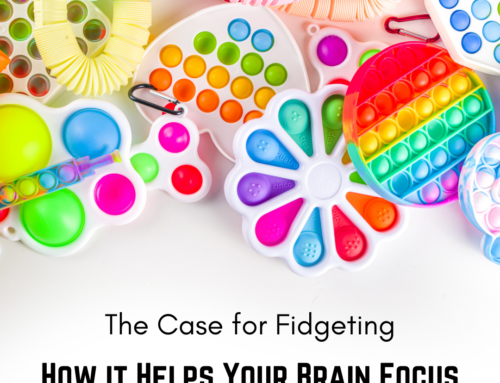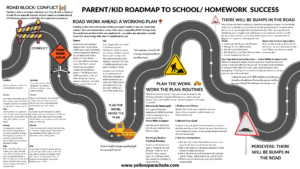We’re not into the dog days of summer…yet. Maybe the puppy days?
With June coming to a close, your house might be turning hot and cranky if you’ve got mosquitos to swat, kid activities to shuttle to, travel to plan, mouths to feed, sharing to negotiate, and gardens to weed. It’s probably felt good to have your kids around more, but they might be looking a little less cute if they’re driving you to pull out your hair? All the more reason to take this opportunity to consider your family’s collective Executive Function profile. In their Smart But Scattered series, Drs. Richard Guare and Peg Dawson define 11 main executive skills that we all possess, at varying levels, that help determine our success, problem solving, communicating, and meeting our goals in life. If you’re struggling with family harmony, try running through the list below to see if you can identify where your EF profiles might be grating on each other. We won’t all have ideal EF profiles to start, but once we’re aware of our behavioral patterns, we can improve on our weaknesses AND in the way we fit together:
- Response Inhibition – the ability to think before you act
- Working Memory – can you hold past learning or experiences in mind while you perform a task?
- Emotional Control – do emotions overtake your decision-making or can you usually manage them?
- Flexibility – are you able to revise the plan based on obstacles, setbacks, new information, or mistakes?
- Sustained Attention – means you can keep paying attention in spite of distracting events, fatigue, or boredom
- Task Initiation – do you start projects promptly or procrastinate?
- Planning/Prioritization – means you can create a roadmap to complete a task, including differentiating between major and minor concerns
- Organization – the ability to create and maintain systems to keep track of information or materials
- Time Management – the capacity to estimate how much time one needs to complete a task in relation to the time one has, including the ability to meet deadlines
- Goal-directed Persistence – means you can set a goal and follow-through on it
- Metacognition – the ability to take a “bird’s eye view” of yourself or your situation to observe how you problem solve, including self-monitoring and evaluation skills—asking, “How am I doing?” Or “How did I do?
Sometimes as parents, we laser-focus on our kids in a way that picks out their weaknesses (hair-pullingly-frustrating) and overlooks our own, as well as our family’s strengths. Before the rush of the next school year, try practicing a mindful awareness of the way your family interacts and see if together you can set some goals for improvement and landmarks to celebrate. Because harmony at home goes a long way towards learning, happiness, and a sense of fulfillment. (And, quite honestly, survival!)
-Cara







